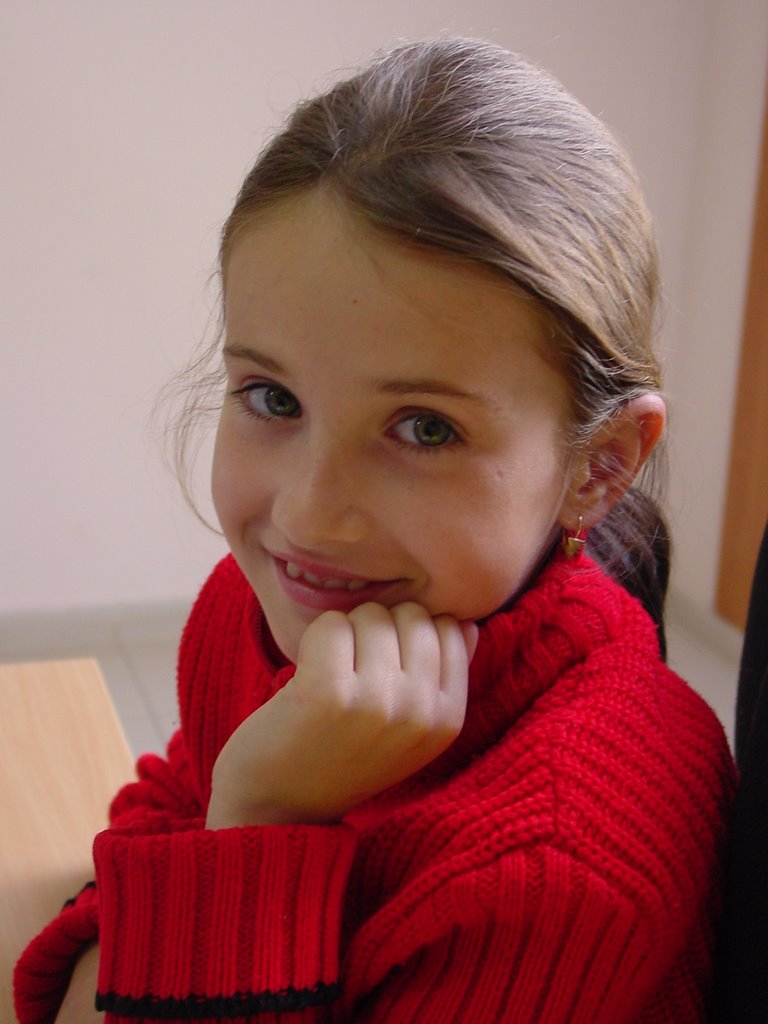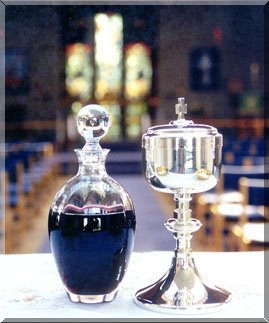Having A Good Death
 It has been a challenging week. I’ve seen what I’d say was humanity at its sweetest and its’ most bitter during this week.
It has been a challenging week. I’ve seen what I’d say was humanity at its sweetest and its’ most bitter during this week.I sat with a gentleman who slipped away, never regaining consciousness from a massive stroke. He was only fifty-six years old and according to his older sister, the man had a penchant for the 'good life,' primarily consisting of copious quantities of alcohol and grease infused foods. (Well, it was his interpretation of the ‘good life’).
I’ve introduced the nearly dead to the recently deceased with the poor child who is addicted to heroin. The struggle she faces could be beyond the comprehension of many.
And I collected the ashes of my friend Sarah. She’s here with me right now, as I write, waiting patiently for me to strew the final remains of her earthly life in the same spot as her beloved husband. It will not be a task to do so; it will be an honour.
Shortly after I returned home last night, I was contacted by a family to inform me of the death of an elderly gentleman. He had died that evening, in his bed, at home. This morning I mentioned to my children during breakfast that I would be gone for a few hours, whilst I made a pastoral visit to the family. My son said to me ‘well Dad, at least this was a ‘good death’ instead of a bad one.’
So what then is a good death? In the past that was not a difficult question, because the answer was given us - by the church, into which most of us were baptised, and whose principal doctrines we learned, if not at home, or at church, then at school.
A good death was above all prepared for. In our final days this would involve making our peace with God and neighbour. But long before that, it would involve living out our lives in the knowledge that this life was in part, a preparation for the life of the world to come.
That gave us a certain ‘orientation,’ so that when we did come to the end of our lives, whether it be short or long, they would not seem pointless and we could look back with a contented heart.
But in these more secular times many have taken death, so to speak, into their own hands. Clergy are no longer needed or desired. And in some instances, considering some of my fellow clergy, I might take the very same stance! People are finding their own ways of bringing meaning to the loss of a loved one.
So, what is a good death now? When I asked my son to share his idea of a ‘good death’ he simply said that it was to go to bed and not wake up. In other words, to slip from this world into oblivion, or wherever, without knowing - to die unprepared, the very opposite of the ‘traditional’ church-inspired understanding.
In another age, when life expectancy was short, when illness struck suddenly and carried us off quickly, that might have been the expectation and hope of many. But if the countless octogenarians I visit each week in our coastal care homes are any indicator, most of us can now expect to live well past the point where we can’t physically do much more than move from a bed to a chair and back to bed each day. We shall have years of reflecting upon our mortality before we succumb to some degenerative disease and know that our final days are upon us.
So what is a good death?
The starting point for us all, believers and non-believers, is the same: we will die. The practical things we can all do: making our peace, setting our affairs in order, giving consideration to family and friends and the needs they may have. They all become acts of kindness towards others.
But, as a priest, I know that this is the easy part. The difficult bit is finding that final peace of mind and calmness of spirit that comes from being able to reconcile all that has gone before - successes and frustrations – warm memories and sad ones as well – all coming to the inevitable reality that it is going to end.
The ‘believer’ achieves that reconciliation when he says; ‘Lord into your hands I commend my spirit.’ It’s that reaffirmation that this is only a passing of time and that there is a new life ahead. To me, that remains a good death.
In fact, I can’t imagine coming across a better.
Írásos Bill atya gyűjteményéből. Imádkozunk az egészsége. LR
Labels: bereavement, caring for the dying, death, death of a mother, Death of parent, funeral prayers, loss of a mother, words of comfort, words of comfort bereavement, words of comfort dying


